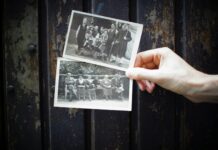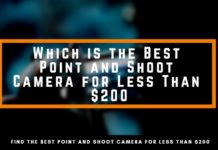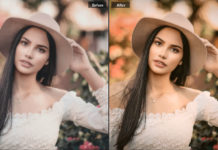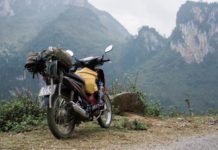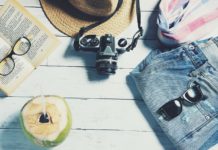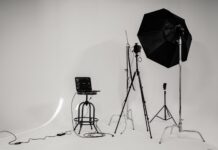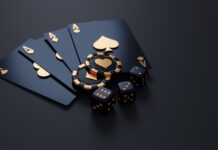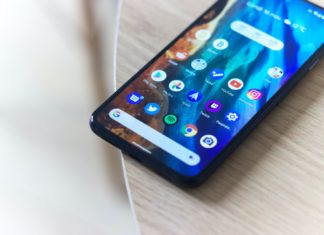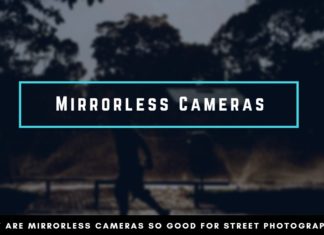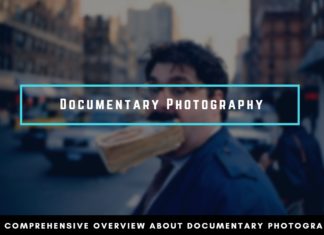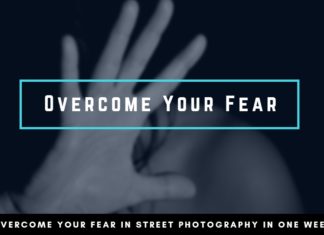Previously I wrote about the difficult beginning of getting into Street Photography. Especially the often times when you don’t get a shot that you really like and feel like the effort was all worthless. But after some time, I realized that invested time is more valuable than any result.
If your goal is to become a better photographer, one quick assumption is, that your pictures have to get better over time. While this is true, it is only partially helpful to measure your progress in your pictures. Let’s say you wanted to take pictures today and compare them with the images to shot yesterday. You feel that your pictures today are worse than yesterday. Does this mean your skills as a photographer deteriorated overnight?
Obviously, this isn’t a healthy scale, a few days have a little influence on your ability to shoot on the street. But what is a suitable time frame? A week, a month or a year?
There is a famous saying, that your first 10.000 pictures are your worst and not “worth” showing. Taking 10.000 pictures on the street even in the digital time is still a lot of shutter releases. Considering, that you were less confident at first and probably shot fewer photos, often missing interesting situations it takes even longer. It might take you a year to take the 10.000 shots, but does this mean every shot that will be followed is a masterpiece?
In business there is the concept of a learning curve, meaning in general that in the beginning, you have a very fast and steep capability of acquiring new knowledge, that slows down the more time you invest. Transfering this to photography, this means that your progress is clearly visible in the beginning and becomes less transparent the more pictures you take.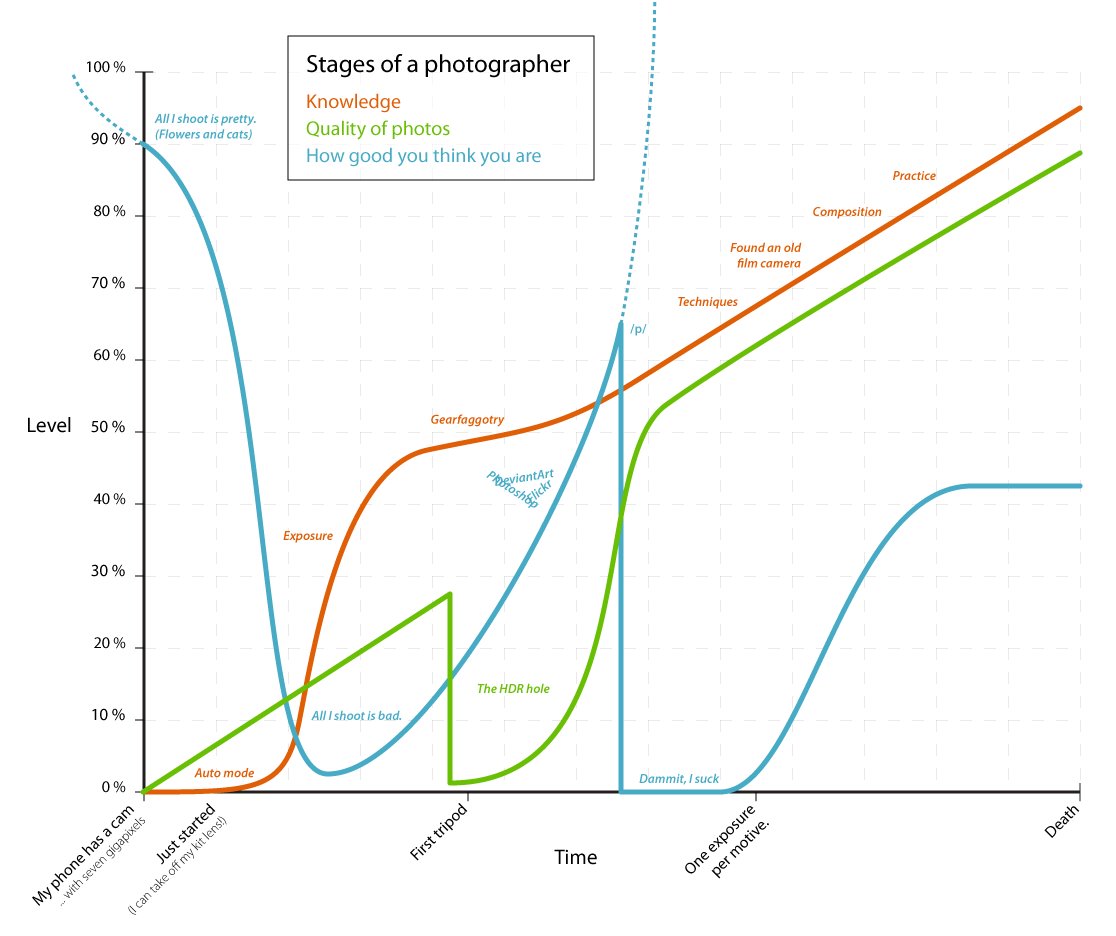
When I started out I had no idea of the exposure triangle, how the focus works or any of the settings of my camera. I went out in the evening just shooting whatever was in front of me. Of course, all the pictures were over or underexposed, blurry and not satisfying. After maybe a 100 of those little happy accidents I wanted to learn more about the camera so I read up how my DSLR captures the light and how the programs on my Canon work.
As a beginner I thought, the only true way of photographing of taking pictures could only be possible in manual mode. So I started working out different setups and learned how the focus works. After maybe 1.000 shots I had the technical aspects of the camera under control. Comparing those first 100 pictures with the latter there is a clear progress visible and I was proud of myself. But what now? I had already “mastered” the techniques, is every picture now worth showing and a masterpiece?
Very clearly this is not the case, now that the pictures are correctly exposed and in focus, the progress becomes more subtle, but also more rewarding in the long run. This is where the composition becomes meaningful and advancement has to be hard earned.
Even veterans have difficulties finding the “right” picture on some days and come home without a single image they feel happy about. Why shouldn’t you be allowed to have some off days? Chicago based Street Photographer Chuck Jines talks about “no shot Street Photography” in this video.
https://www.youtube.com/watch?v=djM4x0e0fBw
When even more experienced photographers have days where there isn’t any great opportunity for a “keeper” you and I shouldn’t be discouraged by this often perceived failure. In fact, I wouldn’t call it a failure but a learning experience, which is more valuable than any “keeper” on an easy spot.
In university, maybe 25% of the students I started with, graduated. Were these the students that were the most successful from beginning to end? Well, there might be some high-achievers that are, but mostly it were the students that learned how to deal with failure and took every failed exam as a learning experience, that passed every exam in the end and were rewarded with a degree.
It isn’t very different in photography. I got really lucky at the beginning with shots I am still happy about, but these days were followed by weeks of pure void. If I measured my progress on the basis of my results, I probably should have come to the conclusion to just stop and search for a different hobby. But even during the time of no results I was still happy because I felt it was worth it and even without great pictures to show off I felt I was getting closer to what my goal in photography is.
Don’t let the results dictate how you should feel about your photography skills. If you invest the time you are willing to invest and actively learn, you will get your desirable shots anyway. Anything else is out of your control and shouldn’t be of your concern.
Be confident in your abilities, contend in shooting on the streets and continuously learning. The results will follow and the perceived “failures” are just potholes on your way to succeeding where there isn’t any shortcut.
Stay Curious
Sebastian Jacobitz




